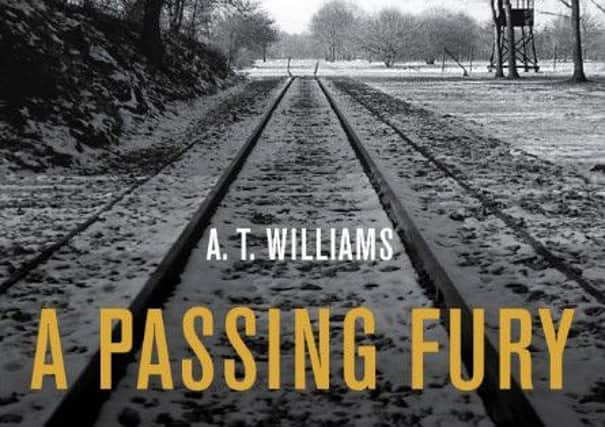Book review: A Passing Fury by AT Williams


A Passing Fury by AT Williams | Jonathan Cape, £25
Imagine that the SS officers who ran Bergen-Belsen had been summarily executed by the British Army when the concentration camp was liberated in April 1945. Many would argue it was the least they deserved. When the British 11th Armoured Division arrived at the camp it held some 60,000 inmates, most of whom were on the verge of death from typhus or malnutrition.
In A Passing Fury, AT Williams expertly draws on eyewitness accounts and official reports to convey the horror of what was the first concentration camp to be liberated by the British. An army medical officer described “a pile, between 60 and 80 yards long, 30 yards wide, and four feet high, of the unclothed bodies of women, all within the sight of several hundred children”. They were just some of the 13,000 unburied corpses that littered Belsen. The fact the Allies chose not to summarily execute Nazis deemed responsible for such deaths, and opted instead to try them in open courts, has long been regarded as a triumph for the rule of law and general human decency in the face of evil. The story of the Nuremberg trials, which dealt with the most senior Nazis to be captured, is well known. But that showpiece event was only one in a series of prosecutions undertaken by the British, Americans and Soviets from 1945 onwards.
Advertisement
Hide AdWilliams, a law professor at Warwick University, is well-placed to understand the thousands of pieces of archive material examined for this absorbing book. He skilfully reveals a chaotic world in which war crimes investigation teams, generally lacking even the most basic resources, were left to do their best in extremely trying circumstances.
The British alone tried more than 1,000 defendants, 240 of whom were sentenced to death. Williams is surely right when he suggests the numbers prosecuted could have been far higher if investigators had been given more time and money to pursue their objectives. Mistakes were made and even the Nuremberg trials were far from perfect.
A Passing Fury is another timely reminder that, for many victims of Nazi oppression, the Second World War did not end in April 1945. It took months to treat the sick, bury the dead and begin to document the crimes that had taken place. Dealing with the immediate aftermath of the concentration camp system must rank as one of the most difficult tasks ever attempted by Western societies, and Williams deserves credit for so ably revealing the effort it involved.